Using a newly discovered byproduct of dying cancer cells, University of Wisconsin–Madison researchers are developing personalized vaccines that could help keep aggressive tumors from recurring.
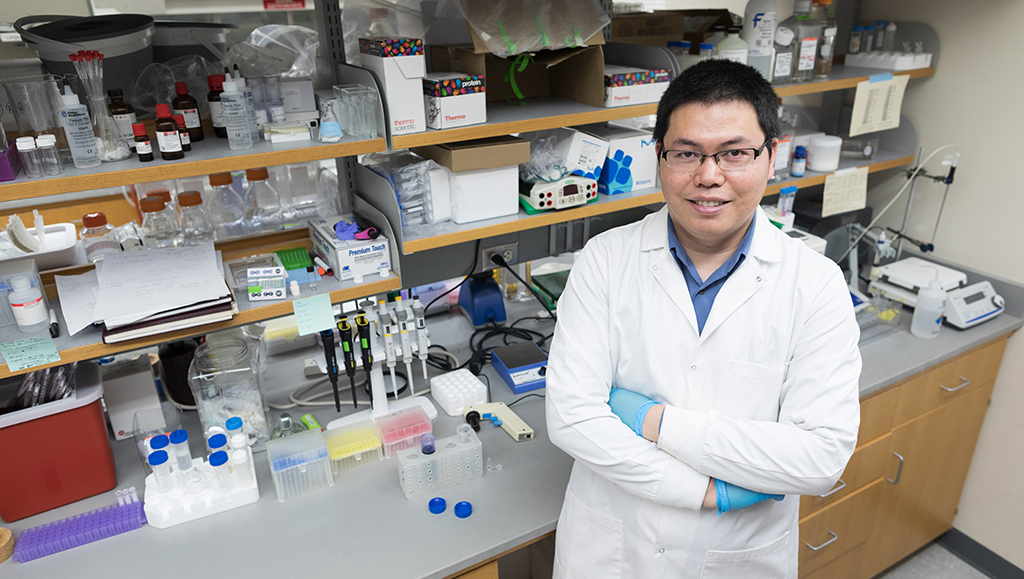

Using a newly discovered byproduct of dying cancer cells, University of Wisconsin–Madison researchers are developing personalized vaccines that could help keep aggressive tumors from recurring.

UW–Madison School of Pharmacy alumni and faculty share how they’ve been transforming patient outcomes, from opioids to heart failure and cancer care.

See the people, processes, and equipment behind Assistant Professor Cody Wenthur’s exploration into psychoactive substances.

With support from the NIH, Assistant Professor Quanyin Hu uses a two-step system to attack triple-negative breast cancer.

With V Foundation funding, Assistant Professor Quanyin Hu aims to improve a cancer-killing hydrogel to improve outcomes for pediatric GBM patients.
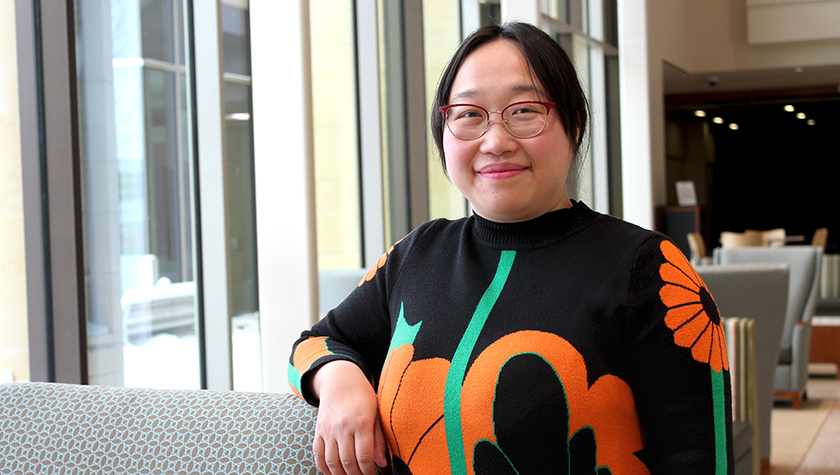
UW researchers find previously unknown links between microbial bile acids and the risk of colon cancer.
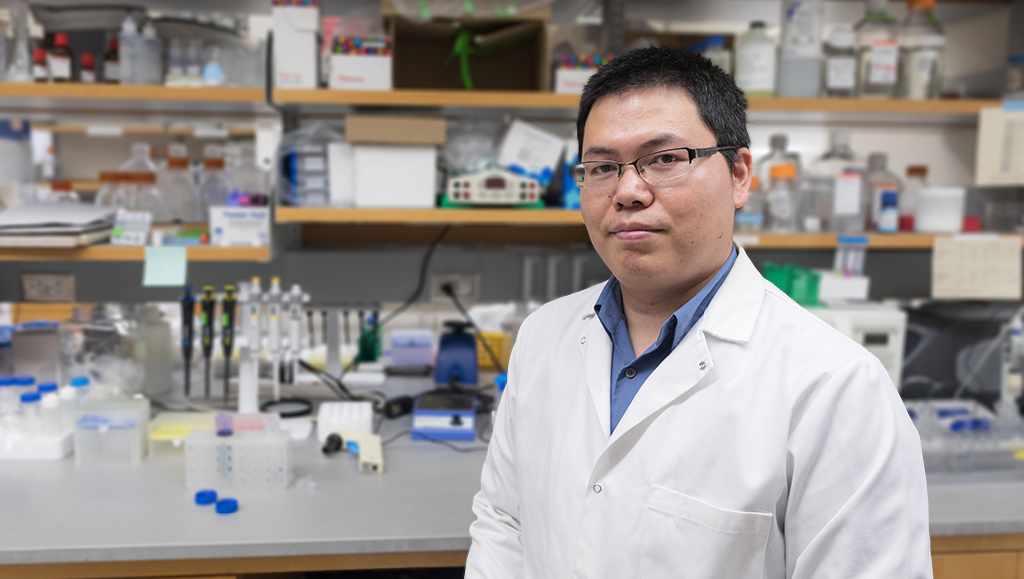
A cutting-edge platform developed by Assistant Professor Quanyin Hu uses protein-degrading platelets to suppress tumor regrowth and bolster immune response after surgery.

Employing bacteria to infiltrate that cancerous fortification and deliver drugs could aid treatment for pancreatic cancer, according to newly published findings from a team of University of Wisconsin–Madison researchers.
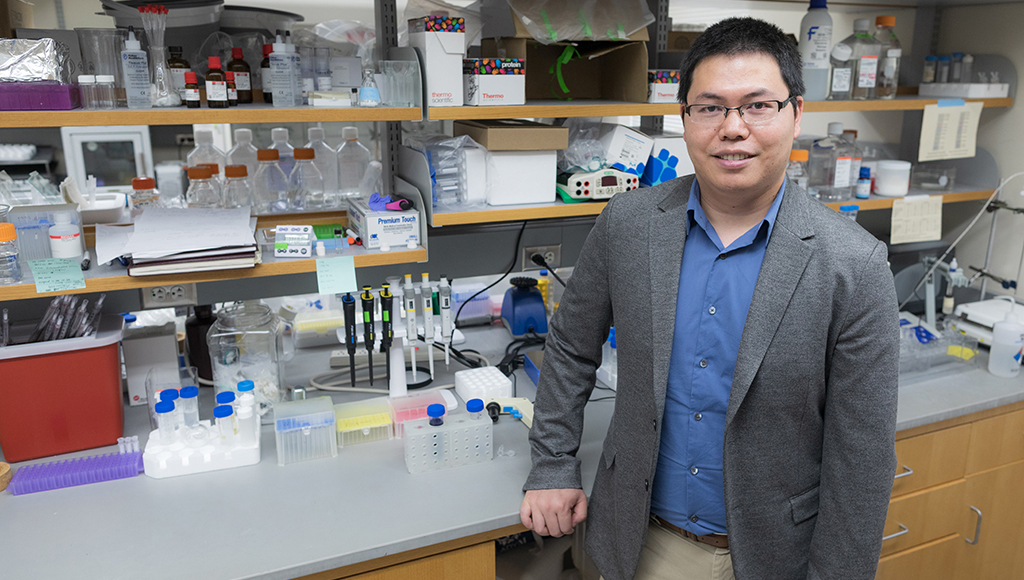
A competitive Vilas Associates award recognizes Assistant Professor Quanyin Hu’s innovations in cell therapy research and fuels more development.
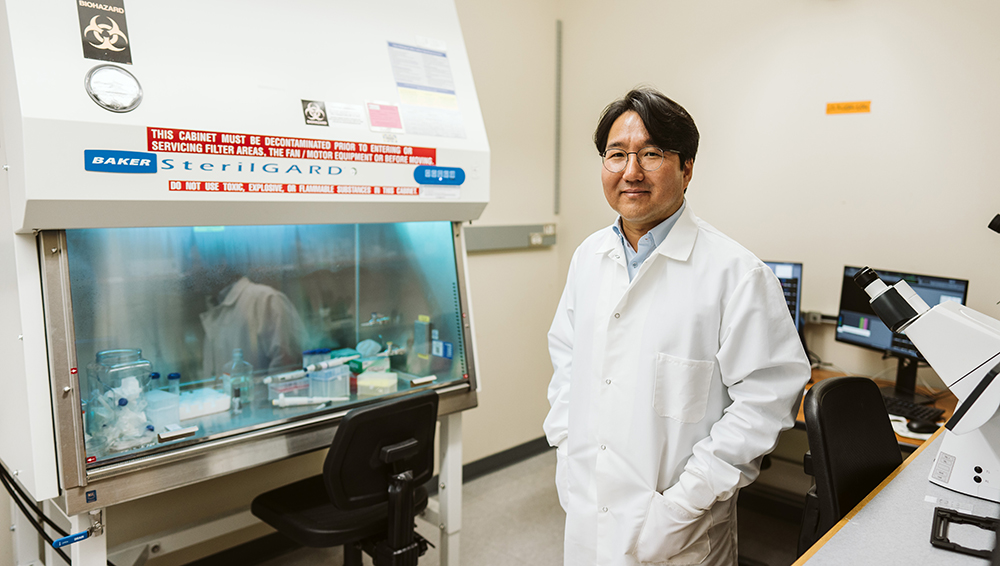
Professor Seungpyo Hong continues to advance technology to track circulating tumor cells, which could lead to a more effective, easier way to monitor cancer progression.